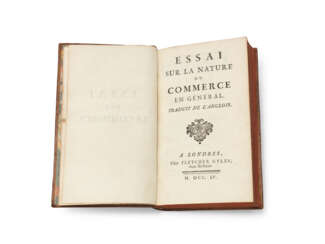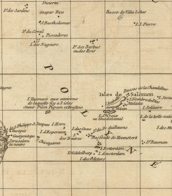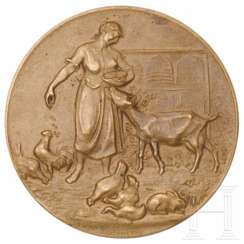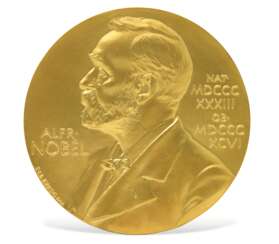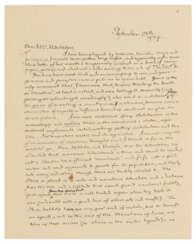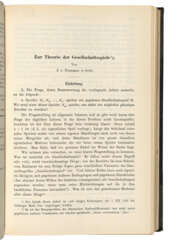economics


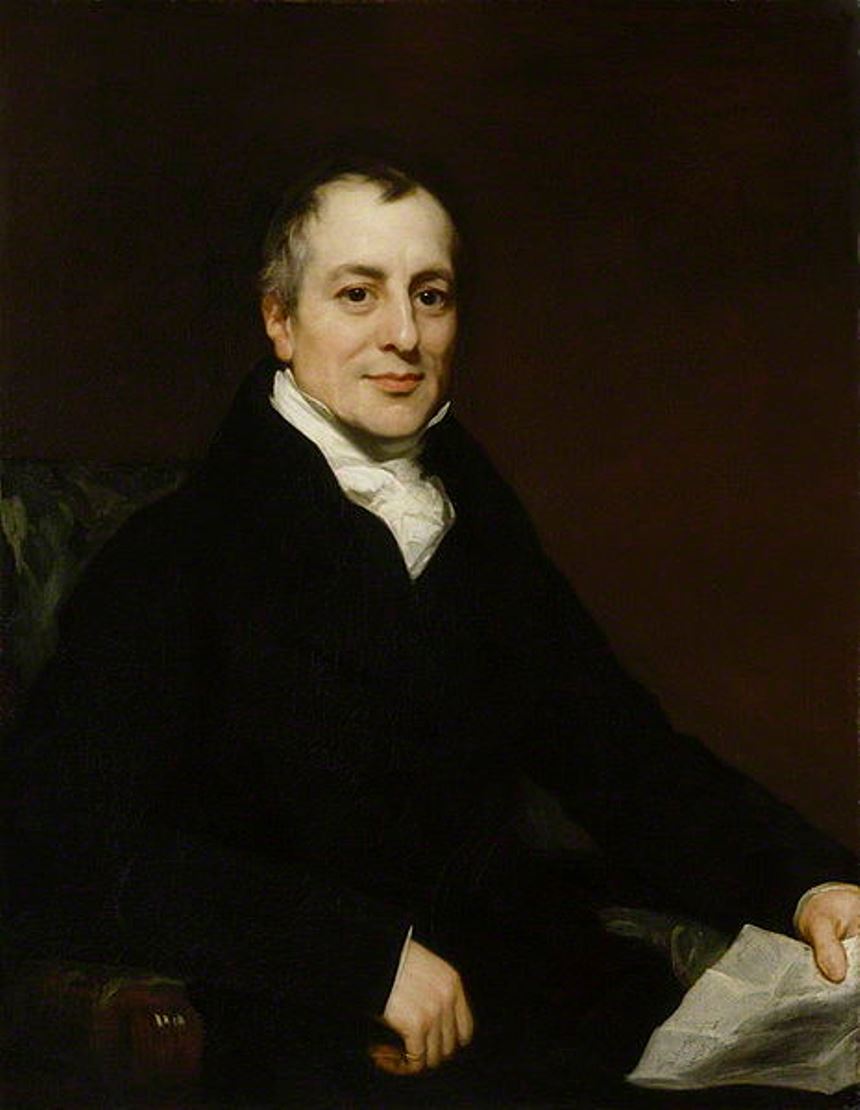
David Ricardo was a British economist and a classic of political economy.
David's father, a stockbroker, came from a Jewish family and emigrated from Holland to England in the early 1770s. After his studies, young David was hired by the London Stock Exchange and worked with his father, but at the age of 21 he broke away from his family. He soon started his own business as a dealer in government securities and became rich very quickly. At the age of 27, Ricardo became seriously interested in economics and from 1809 began to publish articles in the press on topical issues of currency and economics. He met the economist James Mill, who became his political and editorial adviser. He also befriended the utilitarian philosopher Jeremy Bentham and Thomas Malthus.
Ricardo's major work was On the Principles of Political Economy, and Taxation, published in London in 1817. It was a fundamental contribution to economic science and the first systematized approach to the subject. In this work, Ricardo addresses the "main problem of political economy," defined as determining the laws governing the "natural course of rents, profits, and wages" over time. He also develops ideas advanced in Adam Smith's The Wealth of Nations (1776), outlining a new labor theory of value, as well as theories of international competitive advantage and the effects of taxation. Ricardo was the first to formulate the "classical" system of political economy, and his ideas dominated economic thought throughout the 19th century.
By the age of 41, David Ricardo had completely retired from business and began to lead the quiet life of a gentleman and landowner on his estate. In 1819, Ricardo was elected to the British Parliament as an independent representative of a district in Ireland.

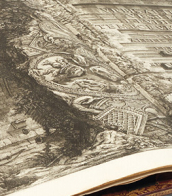
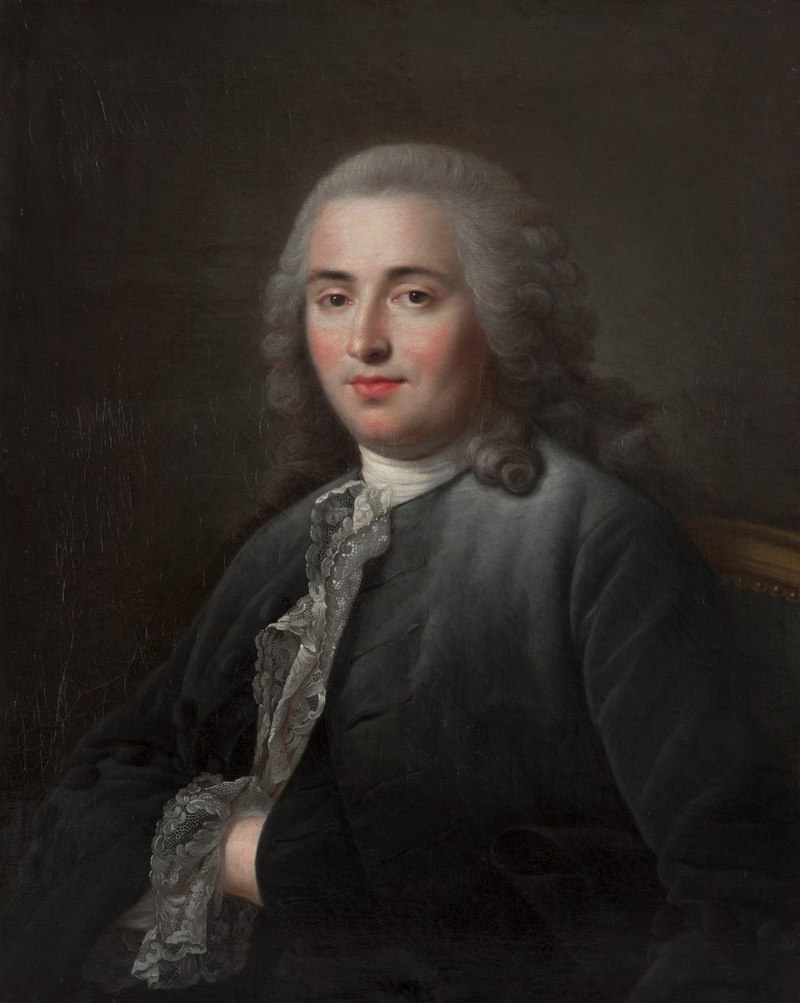

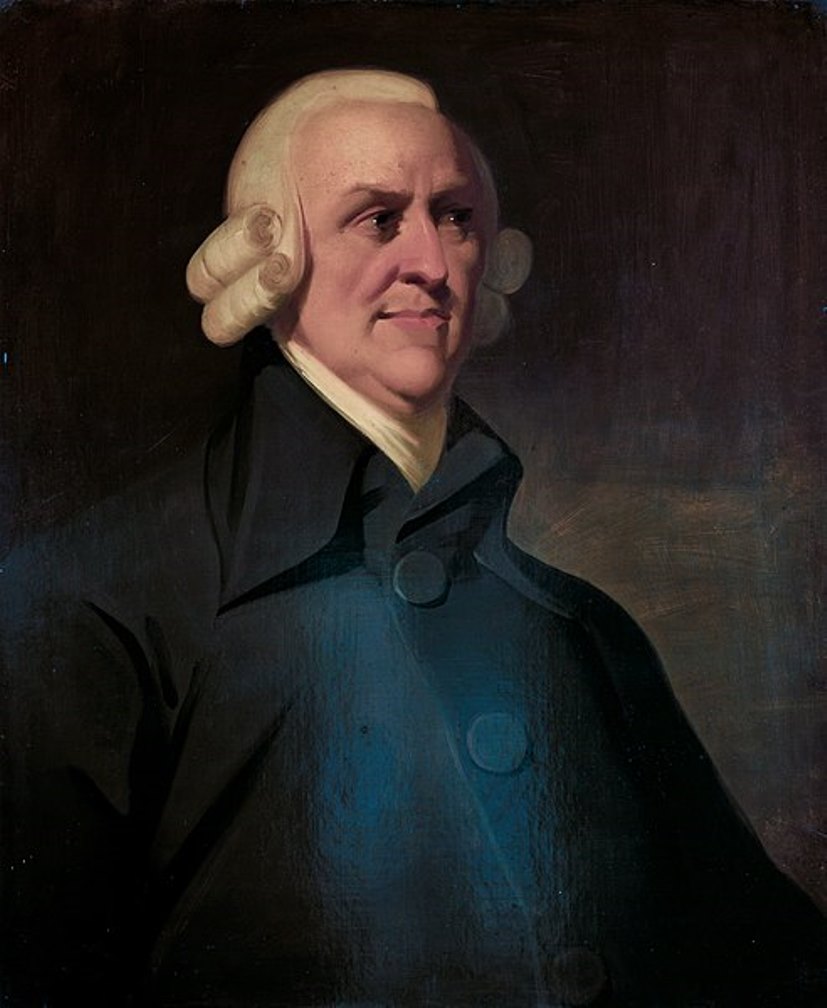
Adam Smith was a Scottish economist and philosopher, one of the founders of economic theory as a science.
After graduating from Balliol College at Oxford University, Smith in 1751 became Professor of Logic and then Professor of Moral Philosophy at the University of Glasgow. And at the same time worked on publishing some of his lectures. His book The Theory of Moral Sentiments was published in 1759. As a philosopher, he wrote on a wide range of subjects: moral philosophy, jurisprudence, rhetoric and literature, and the history of science. He was one of the leading figures of the Scottish Enlightenment. Adam Smith also studied the social forces that give rise to competition, trade, and markets. On his trip to France, he met François Kenet and the Physiocrats.
In late 1763, Smith was given the position of tutor to the young Duke of Buccleugh and resigned his professorship. He began to socialize extensively with the intellectuals of his day, aristocrats and scholars, members of the government and representatives of big commerce, and gradually moved from philosophy to economics.
Adam Smith published his most important work, An Inquiry into the Nature and Causes of the Wealth of Nations (abbreviated as The Wealth of Nations), in 1776. It was the first major exposition of the theory of free trade, where the author advocates individual liberty and the accumulation of wealth, while strongly advocating moral justice and duty to society. He describes a system of natural liberty and justice that seeks to raise the standard of living of the general population by equating higher wages with a healthier and more productive labor force. He proves his belief that the limits to growth are political, not economic, and outlines the principles that should guide lawmakers. Smith also lays out a history of economic theory, a historical analysis of the wealth of nations, including China, and predictions for the future.
"The Wealth of Nations" was the first and still remains the most important book on political economy. And Adam Smith himself is considered the founder of classical political economy; he introduced the term "the invisible hand of the market." Although he did not use the word "capitalism", he is called the father of modern capitalism.


Adam Smith was a Scottish economist and philosopher, one of the founders of economic theory as a science.
After graduating from Balliol College at Oxford University, Smith in 1751 became Professor of Logic and then Professor of Moral Philosophy at the University of Glasgow. And at the same time worked on publishing some of his lectures. His book The Theory of Moral Sentiments was published in 1759. As a philosopher, he wrote on a wide range of subjects: moral philosophy, jurisprudence, rhetoric and literature, and the history of science. He was one of the leading figures of the Scottish Enlightenment. Adam Smith also studied the social forces that give rise to competition, trade, and markets. On his trip to France, he met François Kenet and the Physiocrats.
In late 1763, Smith was given the position of tutor to the young Duke of Buccleugh and resigned his professorship. He began to socialize extensively with the intellectuals of his day, aristocrats and scholars, members of the government and representatives of big commerce, and gradually moved from philosophy to economics.
Adam Smith published his most important work, An Inquiry into the Nature and Causes of the Wealth of Nations (abbreviated as The Wealth of Nations), in 1776. It was the first major exposition of the theory of free trade, where the author advocates individual liberty and the accumulation of wealth, while strongly advocating moral justice and duty to society. He describes a system of natural liberty and justice that seeks to raise the standard of living of the general population by equating higher wages with a healthier and more productive labor force. He proves his belief that the limits to growth are political, not economic, and outlines the principles that should guide lawmakers. Smith also lays out a history of economic theory, a historical analysis of the wealth of nations, including China, and predictions for the future.
"The Wealth of Nations" was the first and still remains the most important book on political economy. And Adam Smith himself is considered the founder of classical political economy; he introduced the term "the invisible hand of the market." Although he did not use the word "capitalism", he is called the father of modern capitalism.

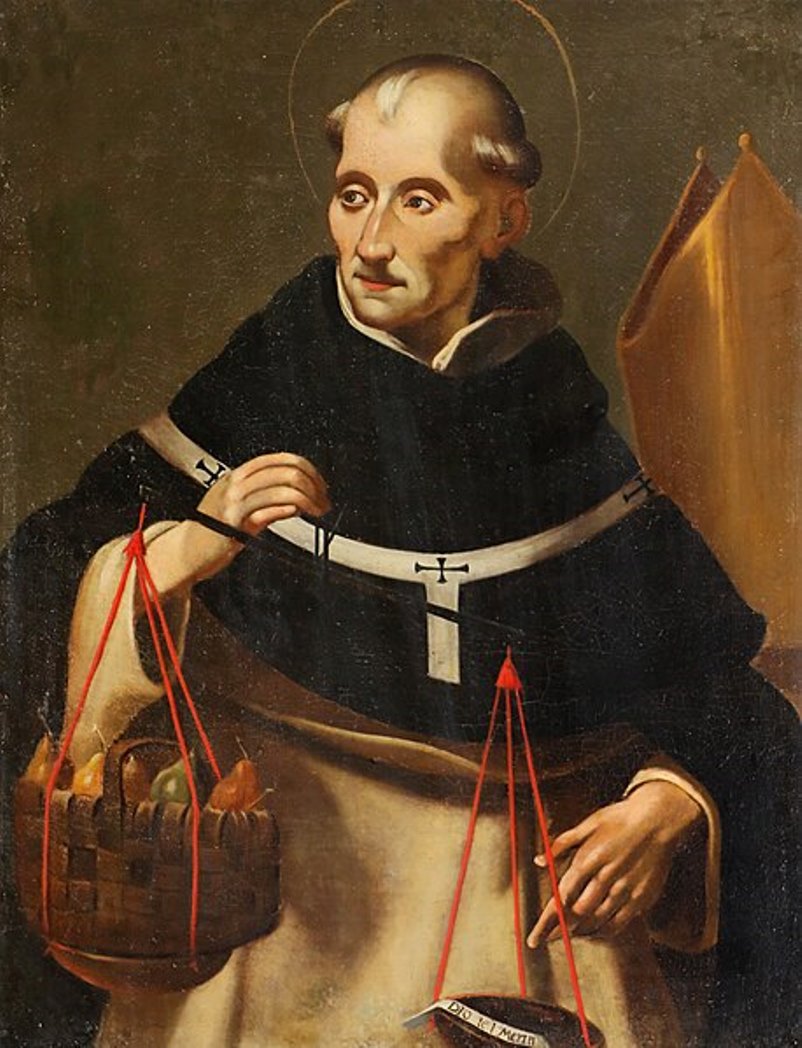

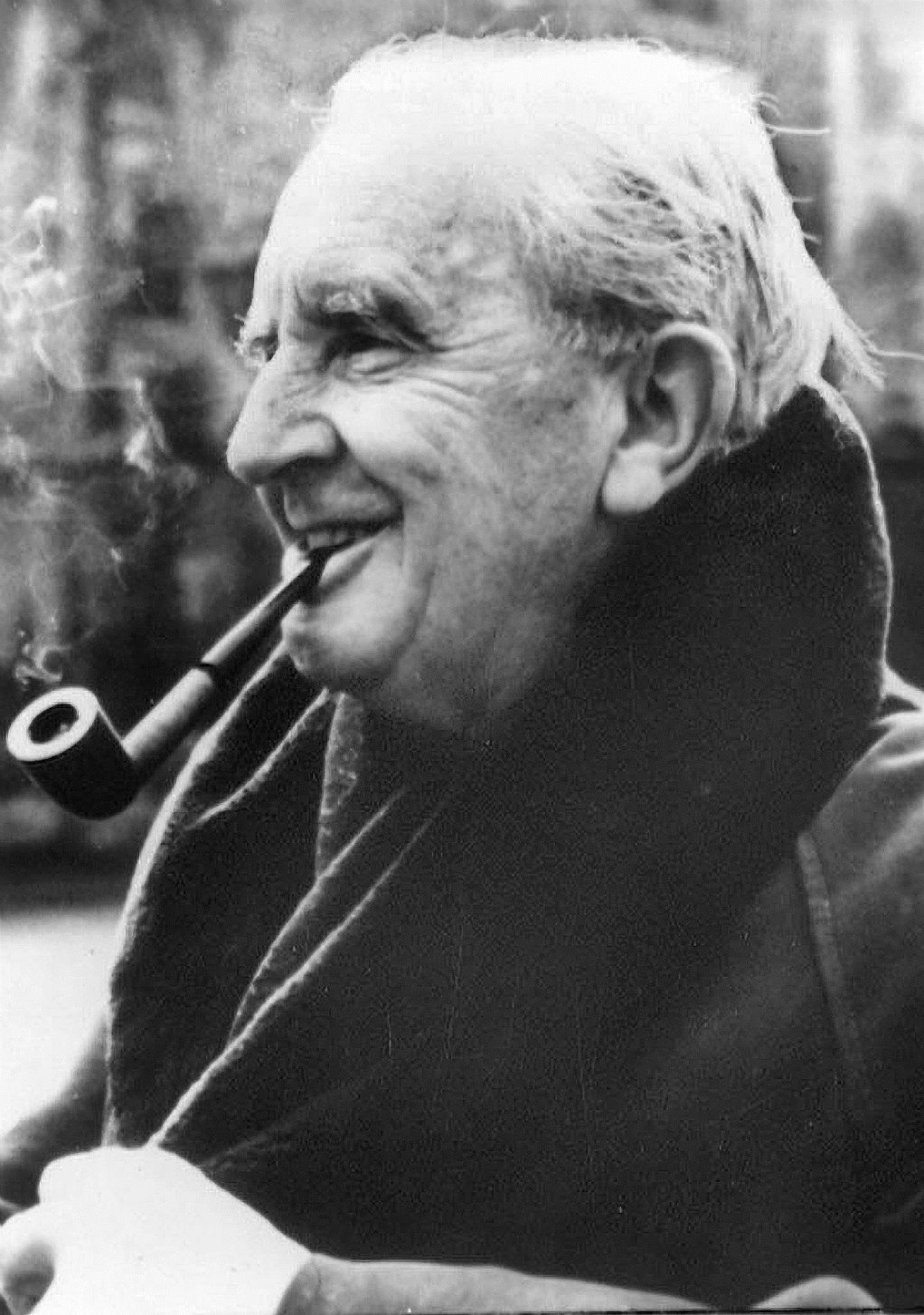
John Ronald Reuel Tolkien was a British writer and poet, translator, philologist, and linguist.
Tolkien wrote many works in the genre of magical fiction. He became world famous for his fantasy books The Hobbit (1937) and The Lord of the Rings (1954-55).
"The Hobbit" was published in 1937 with drawings by the author and proved so popular that the publisher asked him to write a sequel. The result, 17 years later, was Tolkien's masterpiece, "The Lord of the Rings," which was voted the best book of the 20th century. By the beginning of the 21st century, more than 50 million copies had been sold in 30 languages. The film version of "The Lord of the Rings" by New Zealand director Peter Jackson, released in three parts in 2001-2003, broke world viewing records.
Tolkien has been called the "father" of modern high fantasy literature.






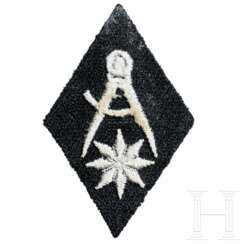














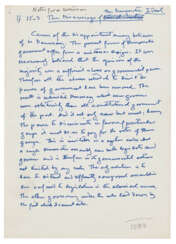

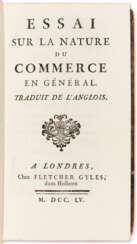

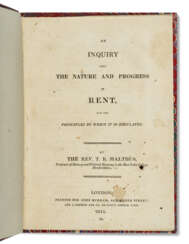

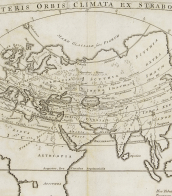
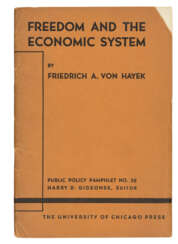




![[VAUBAN, Sébastien Le Prestre, marquis de (1633-1707)]](/assets/image/picture_3601557/4e357/lxe2nv2jvhdppszm1zilhiurbvzx9q9vxoyxgr52ta0ogi4zdn3-n-enqqjpdx1700207013jpg__fix_374_244.jpeg)
![[VAUBAN, Sébastien Le Prestre, marquis de (1633-1707)]](https://veryimportantlot.com/assets/image/picture_3601557/4e357/lxe2nv2jvhdppszm1zilhiurbvzx9q9vxoyxgr52ta0ogi4zdn3-n-enqqjpdx1700207013jpg__fix_374_244.jpeg)
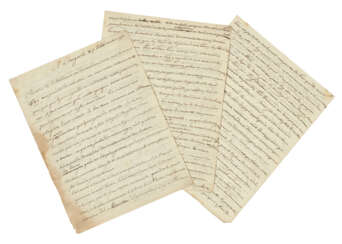

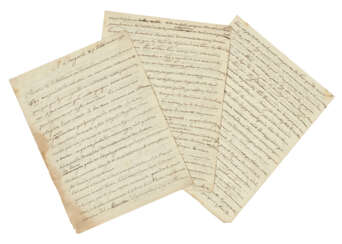




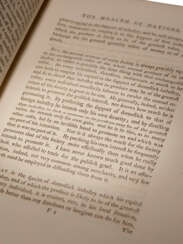



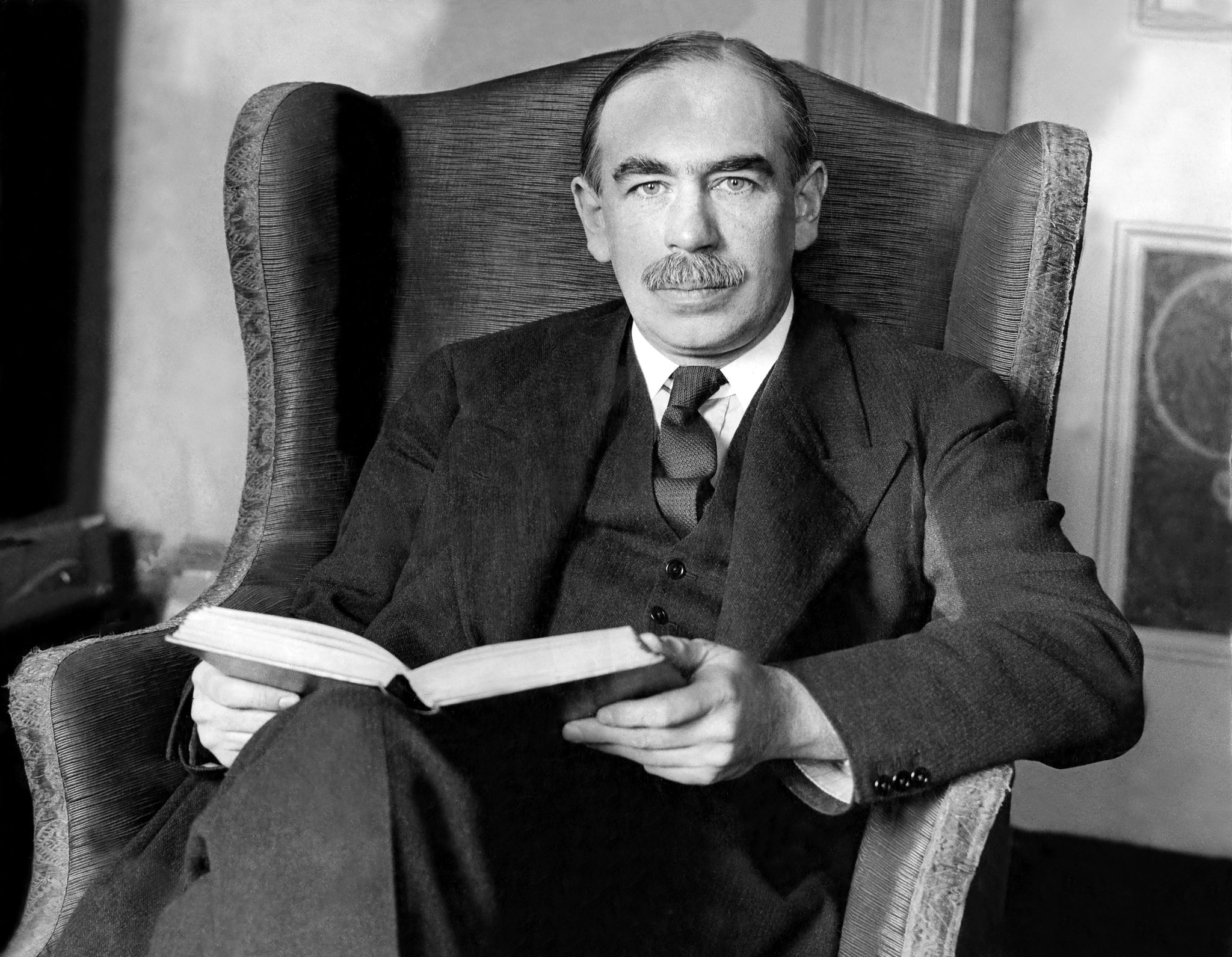

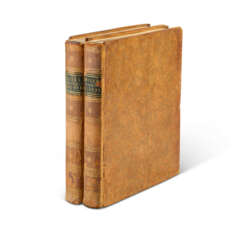

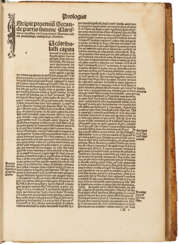

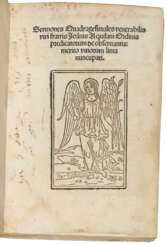

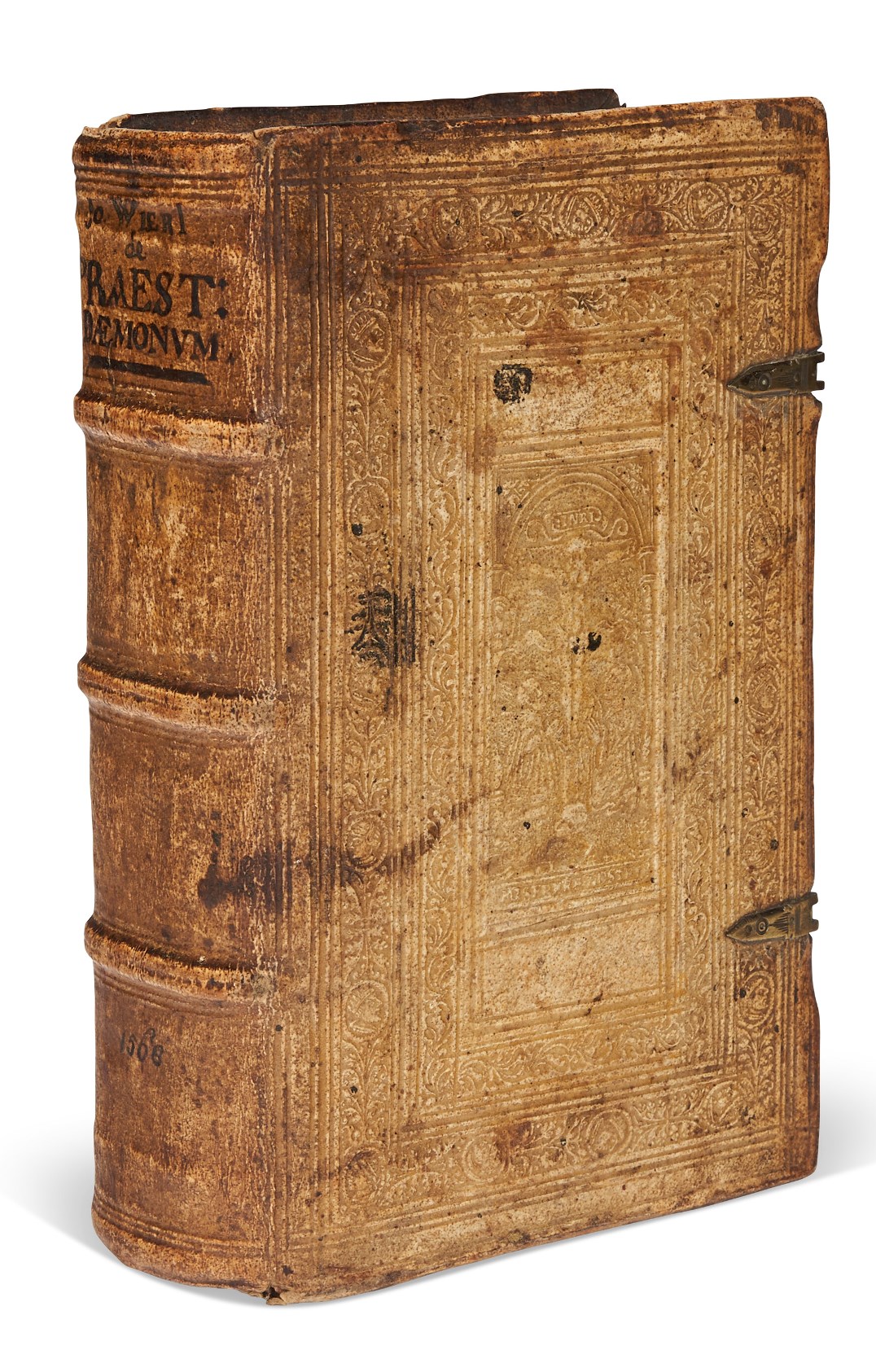
![[SABATIER, Jean-Joseph (1756-1820)]](/assets/image/picture_4604971/ad619/d7551fa87f68ee3df8a9e43045d26b6b1747864800jpg__fix_374_244.jpeg)
![[SABATIER, Jean-Joseph (1756-1820)]](https://veryimportantlot.com/assets/image/picture_4604971/ad619/d7551fa87f68ee3df8a9e43045d26b6b1747864800jpg__fix_374_244.jpeg)

